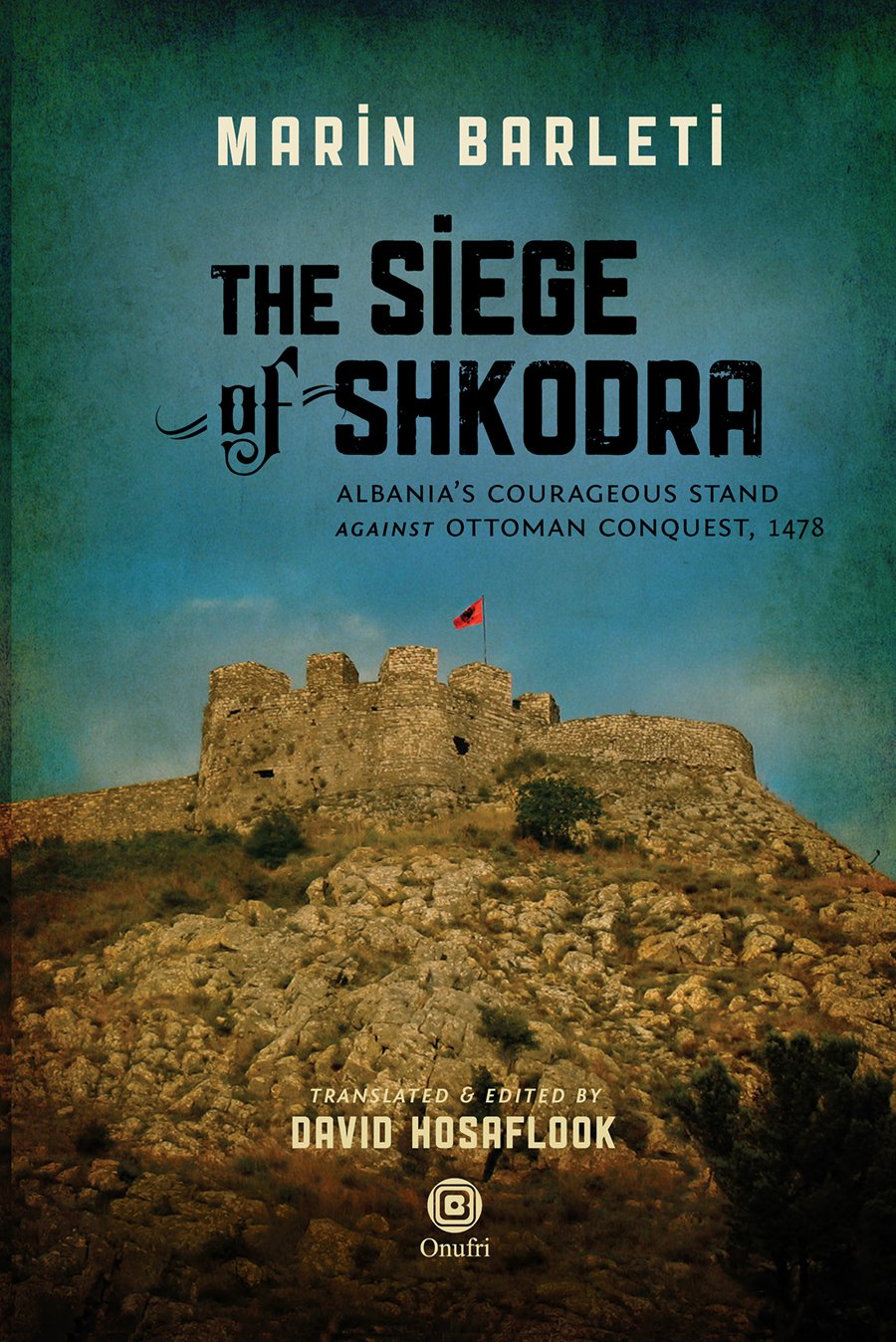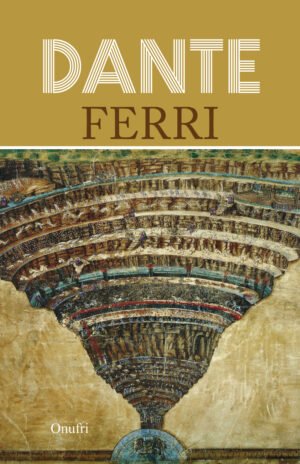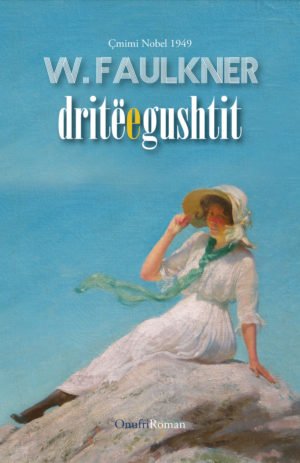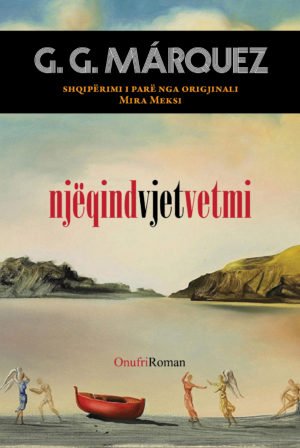Përshkrimi
The first English translation of an eyewitness account of the Ottoman sieges of Shkodra (Albania) in 1474 and 1478-79, written by a besieged Shkodran citizen who fought in the battles and would later become a priest in Italy. The book is considered both history and literature, written in classical Latin in 1504 for a Western audience concerned about the advance of the Ottomans into the heart of Europe. It is considered by scholars to be a seminal source of history providing significant details about the Balkans, the Ottoman Empire, the Republic of Venice, the Albanians, Sultan Mehmed II “The Conqueror,” religious conflict, late-medieval siege tactics, and the development of weaponry. Though the account is history, it unfolds as a gripping story with all the human drama and pathos that accompanies warfare. Inside are rousing speeches, intense battle scenes, passionate prayers, and counsel for future generations. Barleti and his contemporaries considered Shkodra to be the shield of Europe (indeed this was the final great battle before the Ottomans attacked Otronto in 1480). Barleti’s work comprises only 50% of the work, as this edition includes supplemental material such as a foreword by Prof. David Abulafia, Prof. Aleks Buda’s historical introduction, “The War of Shkodra” (“Bellum Scodrense”) by George Merula, a panegyric to the Venetian Senate by Marin Beçikemi, passages from Ottoman chroniclers about the siege (A. Pashazade, Tursun, Kivami, Idris-i Bidlisi, K. Pashazade), and new maps and historical commentary by translator-editor David Hosaflook.
“One of the most remarkable episodes in the struggle between the West and the Crescent.”“One of the most remarkable episodes in the struggle between the West and the Crescent.” Franz Babinger, premier historian of the Ottoman Empire
“Monumental.” Ismail Kadaré, Albanian author, candidate for the Nobel Prize in Literature
“Ottoman ‘shock-and-awe.’ Extraordinary!” Roger Crowley, best-selling author of historical narrative
“The Albanians attracted the prime forces of the Ottoman Empire when it was at its zenith and impeded the westward advance of its hordes.” Gazmend Shpuza, professor of Ottoman history, Tirana University
“The massive fortress on the hill of Rozafa … was seen as the key to the Adriatic.” David Abulafia, professor of history, Cambridge University
“Gripping! A seminal source of Balkan history.” Robert Elsie, writer and specialist in Albanian studies







